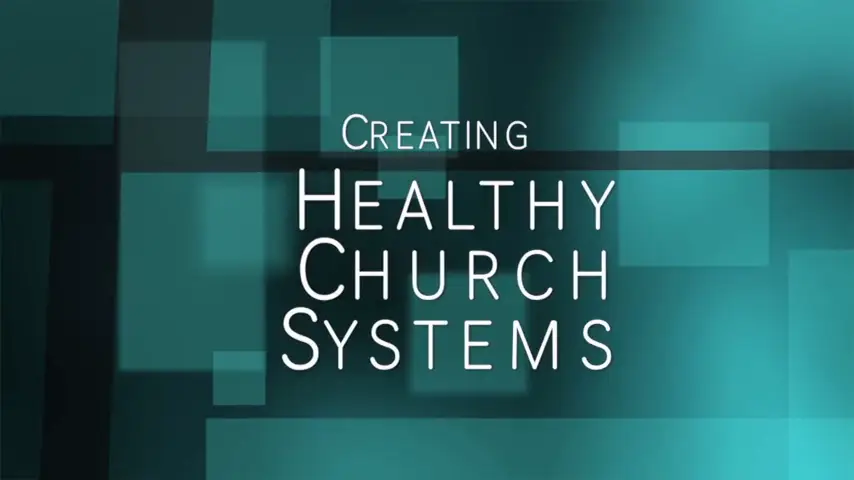At about the time I started my first church, I read a book targeted for the business world entitled, The E Myth by Michael Gerber. In it, the author states that 85% of new businesses fail in their first year and then over 80 percent of those that survived the first year will close their doors in their second. Gerber did find one business model that had a far better rate of staying open for business in those early fragile days: franchise businesses.
At the time, I asked myself the question, do franchises put out a better product than lets say a neighborhood mom-and-pop operation? No way. Most of the time my local hamburger stand’s double cheeseburger tasted way better than the one I could get at McDonald’s. Then why does my local McDonalds restaurant sell way more burgers and are far more profitable than the family-owned grill down the street? One of the answers is because McDonald’s is a franchise and franchises usually do have something that independent outlets do not have, a successful system of operation.
The E-Myth, the myth that the success of a business relies greatly on the talents of the entrepreneur who started it, is exposed when you comprehend the basics of a implementing a system. What is a system? It’s a series of processes that determine how to carry out certain tasks in the most efficient and cost-effective way. Take for example the McDonald’s system which is taught to franchisees and employees at the famous Hamburger University in Chicago. What is taught at Hamburger U is that these systems, if followed correctly, will help among other things, improve consistent product quality, minimize ordering and inventory errors, while maximizing marketing and hiring practices, thus vastly improving profits and the probability of remaining in business.
A valuable byproduct of employing a system is that after implementing one, it takes minimal effort to sustain it. For this reason, a well-executed system frees up the staff members to concentrate on important responsibilities. Well-conceived and executed systems can help a business capitalize on the expertise and experience of well-trained employees to achieve great goals.
Similar to a successful business like a McDonalds restaurant, churches too, in order to achieve their goals, can benefit by implementing well researched, practical, repeatable, systems. In this way the church can grow into being the emotionally and spiritually healthy influencer within your community that Christ created it to be.
At the churches I have served and the ones I coach, I encourage them to create working systems for every facet of the church’s life. Your ministries of worship, evangelism, assimilation, discipleship, small groups, marketing, and stewardship can all function more efficiently and effectively if they can follow the design within a well-planned system.
At the Effective Church Group, we help congregations, not only keep the doors of the church open, but grow exponentially in areas you were never taught in the “Ministry University” you attended.


